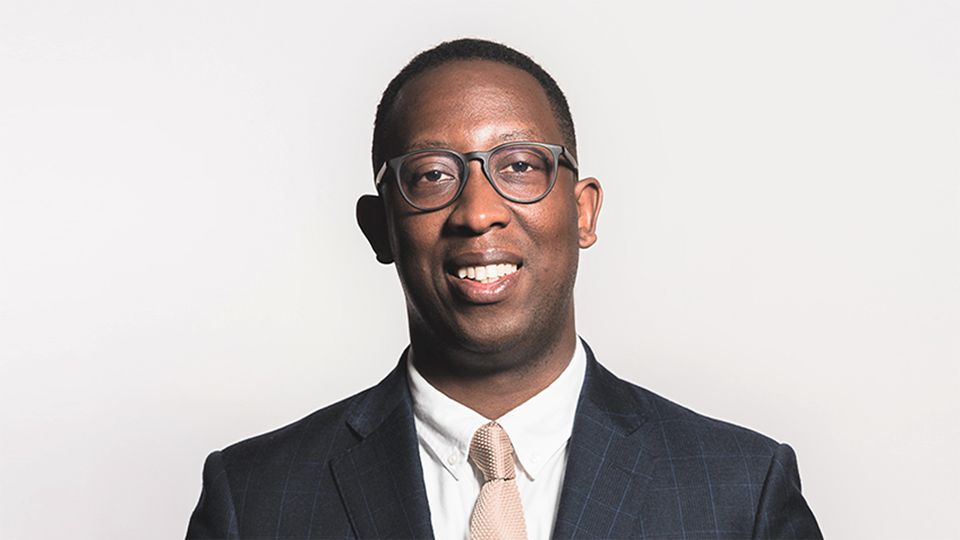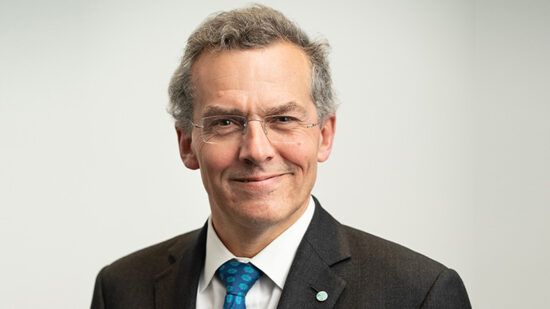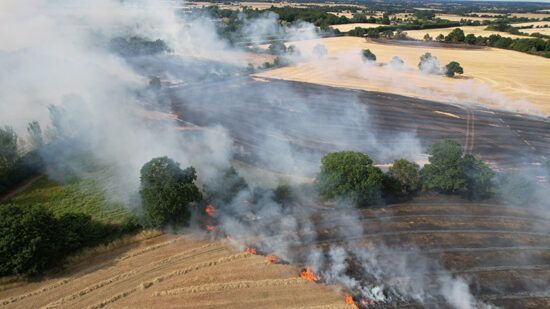In this new summer series for ESG Clarity, members of the sustainable investment industry tell us how their thinking on this fast-moving industry has adapted over the years and what changes that has led to in their thinking and lives.
First up is Lindsey Stewart, director of investment stewardship research at Morningstar, who discusses the ebb and flow of sustainable investing and why we’re entering a new phase of accountability.
What has ESG or sustainable investing changed your mind on over the past couple of years?
At Morningstar, one of our flagship sustainability assessments is the ESG Commitment Level for asset managers, which we’ve implemented over the past three years. Asset managers that earn top marks under the ESG Commitment Level are those that our analysts expect to continue leading the charge on ESG and sustainability issues.
Such commitment has been on my mind a lot lately. For example, on climate, if we cast our minds back a couple of years to 2021, there was a lot of momentum and energy among the finance community at COP26 in Glasgow to “keep 1.5 alive”. We also saw the launch of the Glasgow Financial Alliance for Net Zero (GFANZ) along with its various sector alliances, such as the Net Zero Asset Managers’ Initiative (NZAM).
This was also a time when large asset managers’ proxy-voting records showed a simultaneous upswing in support for key votes on environmental and social issues. Shareholder support for environmental and social shareholder resolutions in the US increased from an average of 27% in the 2020 proxy year to 34% in 2021, and from 41% to 53% for well-supported key resolutions. It really did feel like we’d entered a new era in which asset managers would consistently prioritise sustainability considerations in investment decisions.
It seems like it didn’t last.
Two years on, pressure on energy supply caused by the Russia-Ukraine conflict, alongside an ESG backlash from the political right in the US, has made some asset managers reconsider the level of priority they wish to give to ESG themes. In 2022, we saw levels of support for ESG resolutions fall back to 2020 levels, and it looks like 2023 will be similar.
None of this is to specifically criticise asset managers for their chosen sustainability implementation, but all this does illustrate how there’s no straight-line path to big sustainability goals like net zero – these things ebb and flow.
It is notable, however, that UK asset owners’ patience with asset managers is showing signs of strain, given their focus on long-term value and perceived misalignment between asset managers’ actual voting records and the voting decisions that asset owners’ would prefer to see.
Describe one thing about ESG or sustainable investing you’ve heard recently that has stuck with you.
Much of the momentum behind ESG in investing was prompted by BlackRock CEO Larry Fink’s statement in 2020 that “climate risk is investment risk.” Nowadays, what he has to say is: “I don’t use the word ESG any more, because it’s been entirely weaponized.”
To be clear, I don’t think this implies that BlackRock’s stance on climate risk or other ESG topics has changed, but it does illustrate how far we’ve shifted from the momentum behind ESG in 2021.
In a similar vein, we saw NZAM lose one of its largest signatories, Vanguard, just over a year after the firm joined the initiative. Also, another GFANZ sector alliance, the Net Zero Insurance Alliance, appears to be fragmenting amid concerns over potential competition litigation in the US. As some suggest that membership of alliances like GFANZ is incompatible with asset managers’ fiduciary duty as applied in some jurisdictions, it will be interesting to see what happens next in this regard.
Regulators in the UK, the EU and the US are stepping up their efforts on ensuring alignment between managers’ declared sustainability objectives and their stewardship activities, so we’re definitely entering a new phase of accountability.
What changes have you made personally this year to become more sustainable?
I’m walking and cycling more, eating less meat, and I’ve turned down my thermostat. Whether that’s down to sustainability or the rising cost of living is for you to decide.








